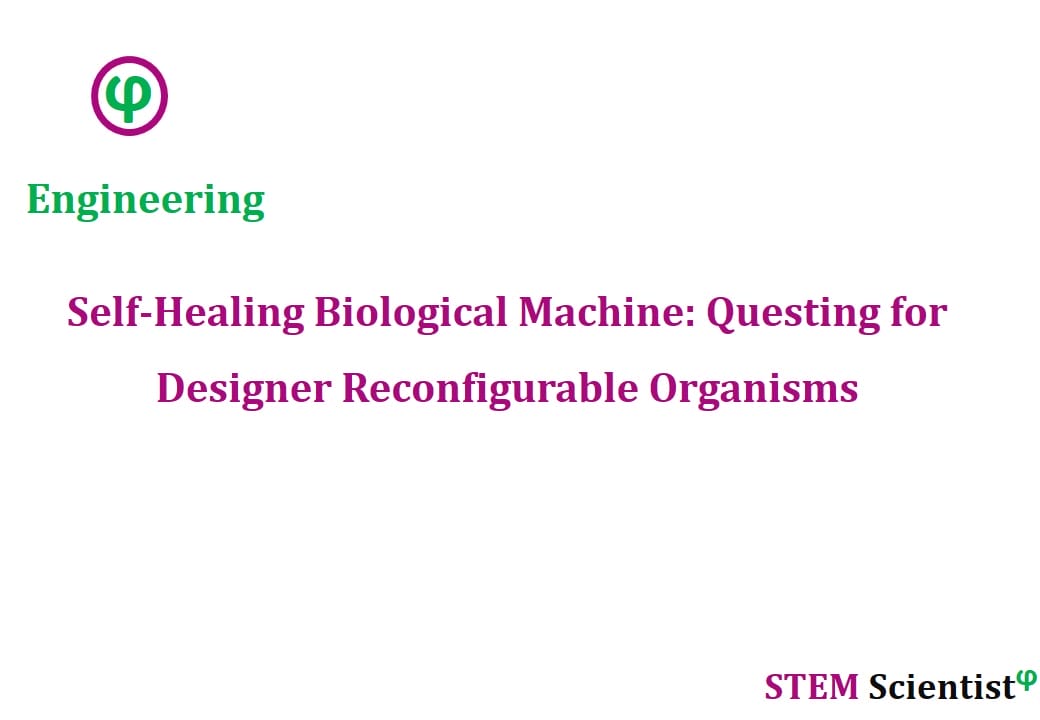
The following study was conducted by Scientists from University of Vermont, Burlington; Tufts University, Medford; Wyss Institute for Biologically Inspired Engineering, Harvard University, Boston, USA. Study is published in Proceedings of the National Academy of Sciences Journal as detailed below.
Proceedings of the National Academy of Sciences 117(4): 1853-1859
A Scalable Pipeline for Designing Reconfigurable Organisms
Significance
Most technologies are made from steel, concrete, chemicals, and plastics, which degrade over time and can produce harmful ecological and health side effects. It would thus be useful to build technologies using self-renewing and biocompatible materials, of which the ideal candidates are living systems themselves. Thus, we here present a method that designs completely biological machines from the ground up: computers automatically design new machines in simulation, and the best designs are then built by combining together different biological tissues. This suggests others may use this approach to design a variety of living machines to safely deliver drugs inside the human body, help with environmental remediation, or further broaden our understanding of the diverse forms and functions life may adopt.
Abstract
Living systems are more robust, diverse, complex, and supportive of human life than any technology yet created. However, our ability to create novel lifeforms is currently limited to varying existing organisms or bioengineering organoids in vitro. Here we show a scalable pipeline for creating functional novel lifeforms: AI methods automatically design diverse candidate lifeforms in silico to perform some desired function, and transferable designs are then created using a cell-based construction toolkit to realize living systems with the predicted behaviors. Although some steps in this pipeline still require manual intervention, complete automation in future would pave the way to designing and deploying unique, bespoke living systems for a wide range of functions.
Source:
Proceedings of the National Academy of Sciences
URL: https://www.pnas.org/content/early/2020/01/07/1910837117
Citation:
Kriegman, S., D. Blackiston, et al. (2020). “A scalable pipeline for designing reconfigurable organisms.” Proceedings of the National Academy of Sciences 117(4): 1853-1859.


